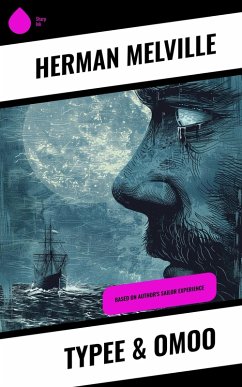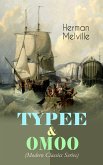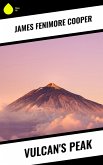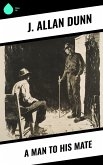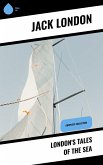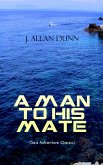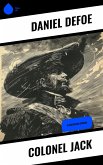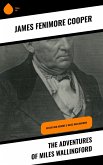In "Typee" and "Omoo," Herman Melville intricately weaves a rich tapestry of adventure, cultural observation, and existential introspection. These semi-autobiographical narratives are set against the lush and enchanting backdrop of the South Pacific, where the author captures the stark contrasts between European civilization and indigenous ways of life. Melville's vivid, descriptive prose and lyrical style are embedded with complex themes about freedom, societal norms, and humanity's innate connection to nature, making these works stand out in the canon of American literature during the mid-19th century. Herman Melville, an American author born in 1819, spent several years at sea, including a significant time among Polynesian islands, experiences that profoundly influenced his writing. His early career as a sailor and his subsequent reflections on colonialism and cultural diversity shaped his perspective, leading to the creation of these narrative explorations. "Typee," published first in 1846, offers an immersive look at the Marquesas Islands, while "Omoo" serves as a sequel that further investigates themes of escape and adventure. For readers longing for an escape into exotic locales while engaging with deep philosophical questions, "Typee" and "Omoo" are essential reads. Melville's compelling narratives not only entertain but invite contemplation on cultural identity and the complexities of human experience, making these works timeless and relevant today.
Dieser Download kann aus rechtlichen Gründen nur mit Rechnungsadresse in A, B, BG, CY, CZ, D, DK, EW, FIN, F, GR, HR, H, IRL, I, LT, L, LR, M, NL, PL, P, R, S, SLO, SK ausgeliefert werden.

